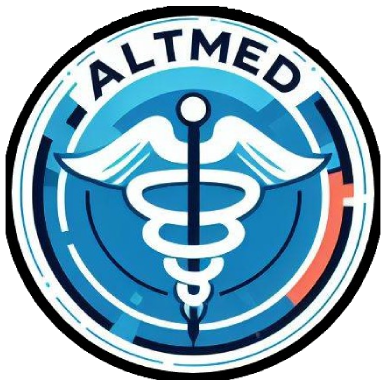Introduction:
Kim and colleagues’ 2019 article in The New England Journal of Medicine reviews the groundbreaking approval of esketamine as the first antidepressant in a novel class, targeting glutamate systems. This approval reflects decades of research into alternative mechanisms for addressing treatment-resistant depression (TRD).
Key Points for Providers:
- Novel Mechanism of Action:
- Esketamine is an NMDA receptor antagonist that modulates glutamatergic pathways, restoring synaptic function and neural connectivity.
- This represents a shift from traditional monoamine-based therapies.
- Clinical Outcomes:
- Trials demonstrated significant efficacy in reducing depressive symptoms within 24 hours, especially in patients with acute suicidal ideation.
- Sustained effects were observed with concurrent oral antidepressants.
- Safety and Monitoring:
- Adverse effects included dissociation, sedation, and transient blood pressure elevations.
- Administration under the FDA’s REMS program ensures patient safety during treatment.
- Regulatory Insights:
- Esketamine’s approval underscores the importance of addressing unmet needs in TRD and exemplifies the FDA’s expedited pathways, including Breakthrough Therapy Designation.
The VitalPoint for Providers:
Esketamine is a pivotal addition to the armamentarium for TRD, offering rapid symptom relief for a difficult-to-treat population. Providers should familiarize themselves with its mechanism, administration protocols, and risk mitigation strategies to optimize patient outcomes.
Further Resources:

